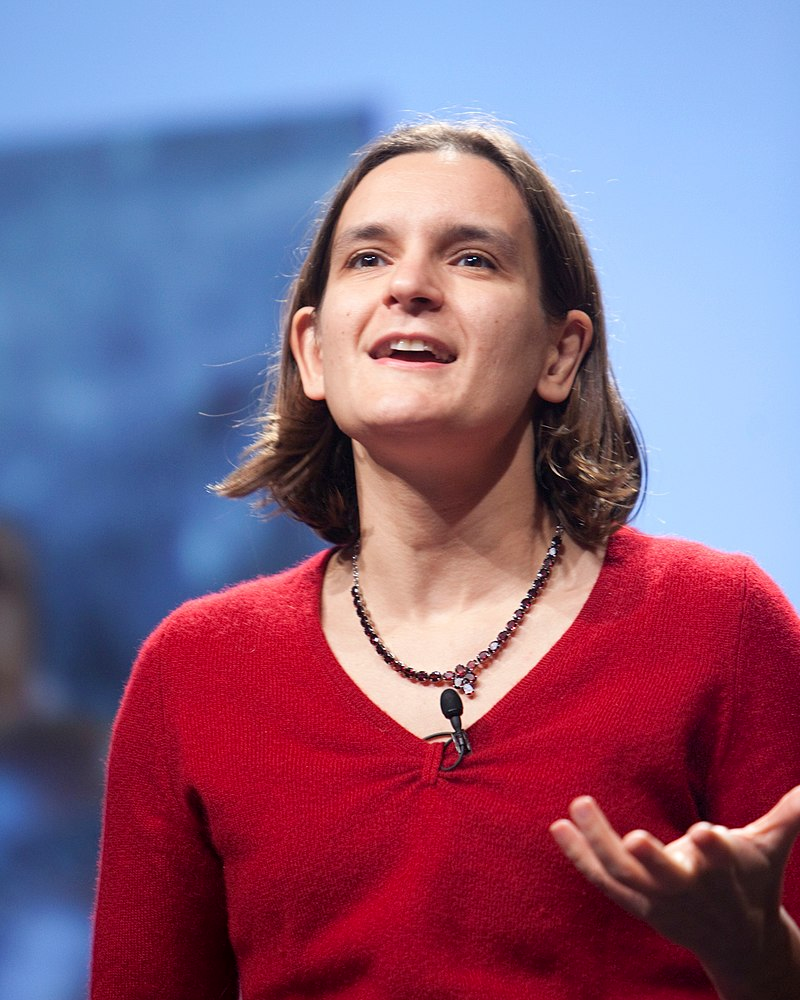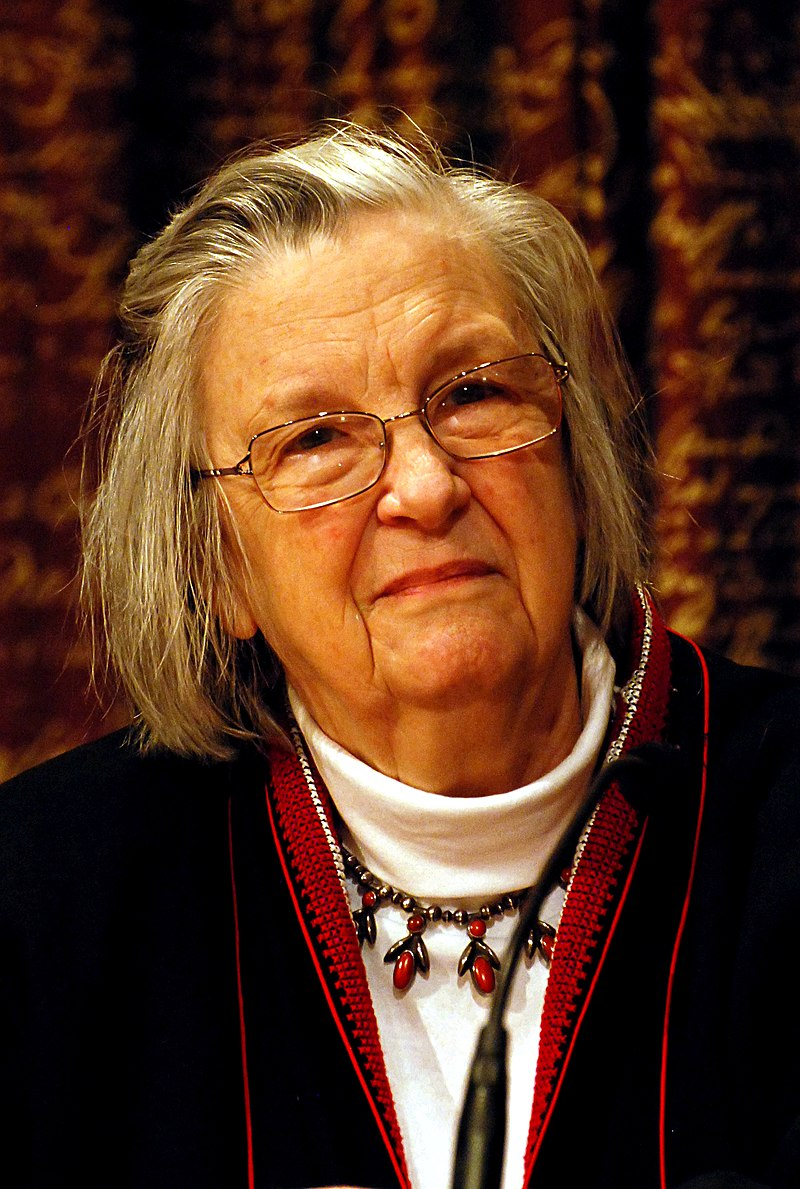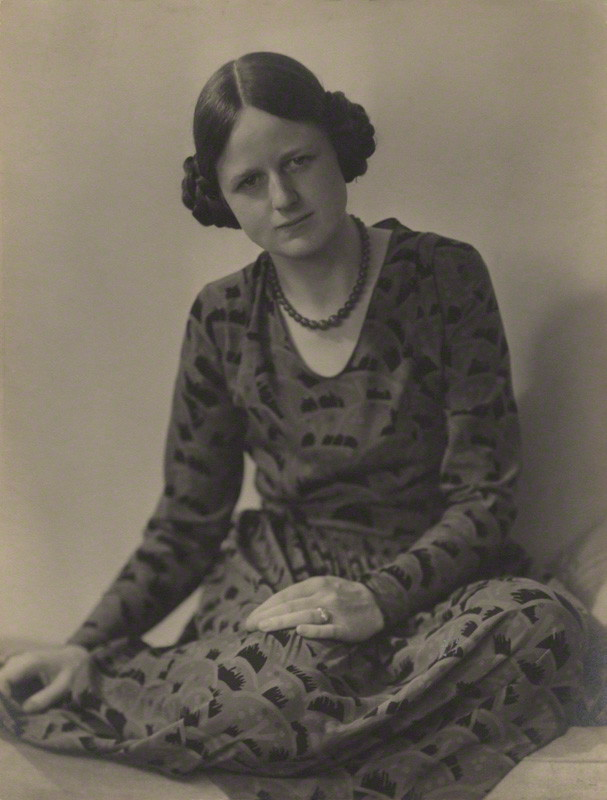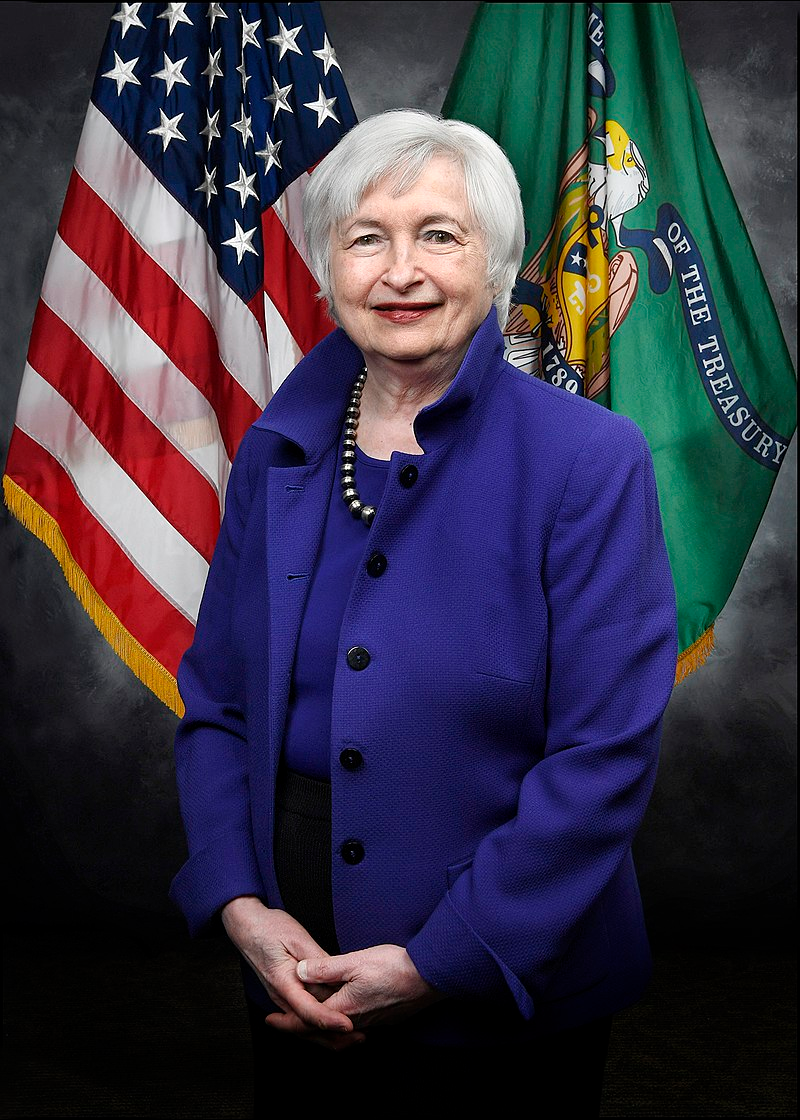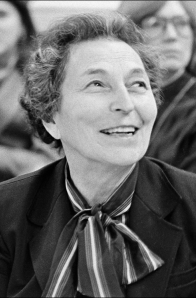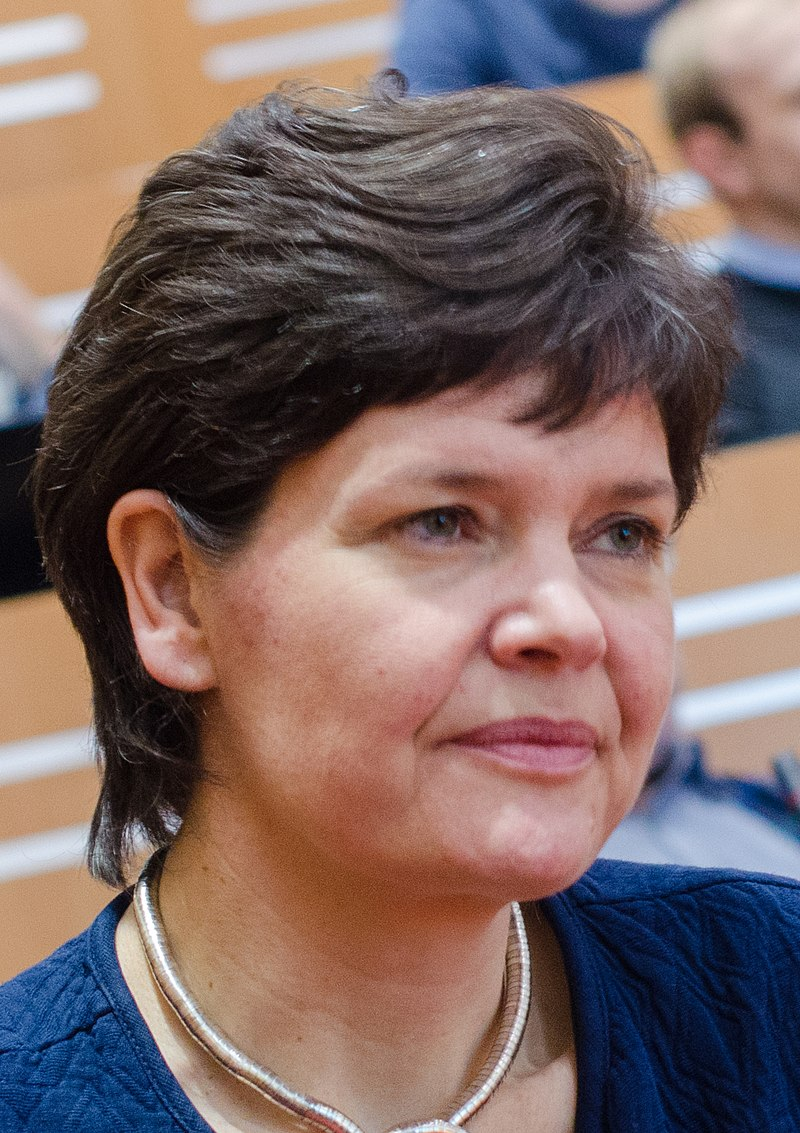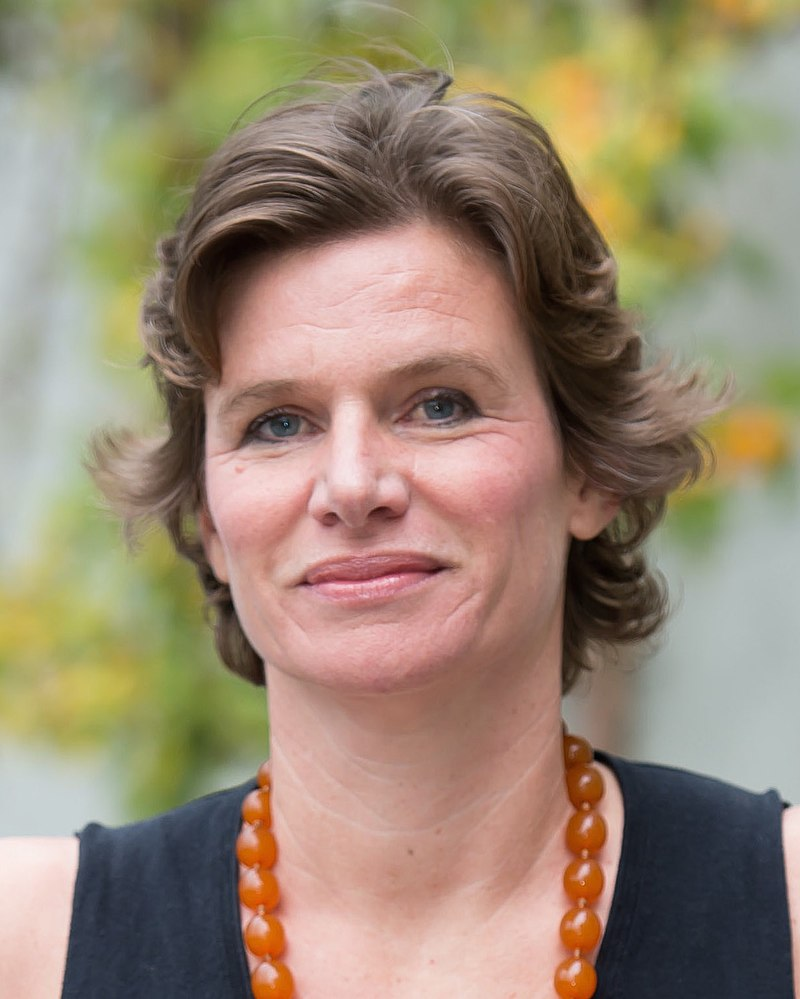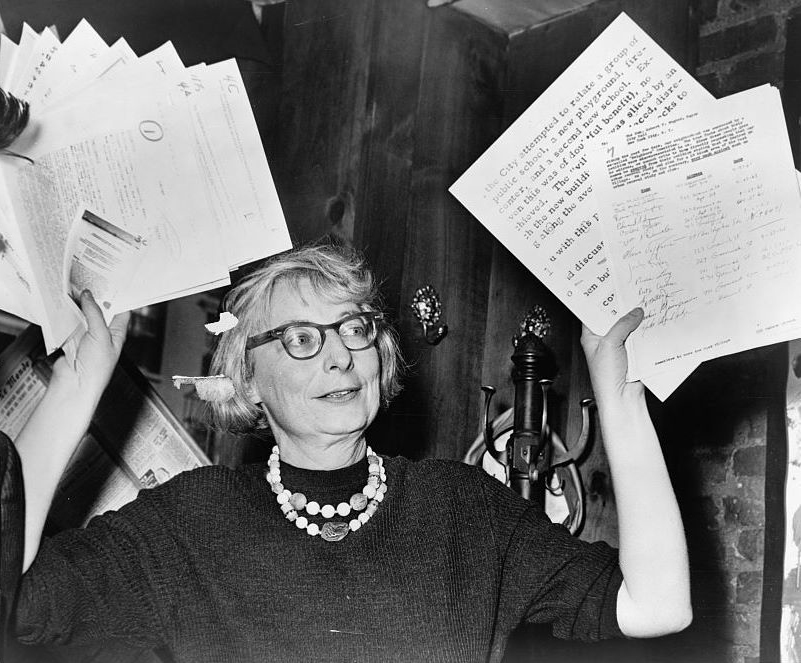Women in Economics
Why Should I Care?
Women have made important contributions to the field of Economics which may go unnoticed in a field dominated by men. We encourage you to learn about these wonderful women and their ideas.
This lesson has 4 parts
- Nobel Winners
- Women Economists in the World
- Women Economists in Canada
- Feminist Economics
Who are the Women in Economics?
Most economists happen to be men, as is the case for the author of this manual. This has implications for the discipline of economics, and the focus of research. It is important for students of all backgrounds to feel as though they can contribute to the field, and we would like to inform students of who these women were, and how important their contributions are to economics.
Please consider that not all women economists consider themselves to be feminist economists. Some of the people we present in this section were working on very conservative aspects of economic policy or theory, such as the brilliant Anna Schwartz, who was the co-author on Milton Friedman's famous book, A Monetary History of the United States, 1867-1960. Some women economists fall into a gender analysis almost by accident. Consider Anke Becker, whose mastery of statistical analysis has allowed her to identify the root causes of patriarchy in religious history. Becker's main economic interest is a sub-field called 'econometrics', yet she has stumbled into some fascinating empirical results. Finally there are many women in economics who are acting to research and analyze aspects of economics that pertain to women directly, such as Marilyn Waring, whose famous book If Women Counted formed the foundation feminist economics.
Women are part of the economy, and their voice is important.
If you are interested in knowing more about women economists, consider this ranking of the top female economists in the world, by number of academic publications: https://ideas.repec.org/top/top.women.html.
You can also check out this list by the IMF blog: https://www.imf.org/en/Blogs/Articles/2021/08/06/women-in-economics.
-
Nobel Winners
There 61 women holders of a Nobel prize, of which only 2 in economics, which is awarded by the central bank of Sweden and called the Sveriges Riksbank Prize in Economic Sciences in Memory of Alfred Nobel.
Esther Duflo Banerjee
Photo credit: Kris Krug, https://en.wikipedia.org/wiki/Esther_Duflo#/media/File:Esther_Duflo_-_Pop!Tech_2009_-_001_(cropped).jpg
French economist Esther Duflo teaches at the Massachusetts Institute of Technology, and won the Nobel award in 2019 for her work in experimental approaches to alleviating global poverty. The award was also given to Abhijit Banerjee and Michael Kremer.
Elinor Ostrom
Photo credit: Holger Motzkau, https://en.wikipedia.org/wiki/Elinor_Ostrom#/media/File:Nobel_Prize_2009-Press_Conference_KVA-30.jpg
Elinor Ostrom is a political scientist who in 2009 became the first-ever woman to receive the prestigious Nobel in along with economist Oliver Williamson. Her research on the 'commons' is used widely in both political science and economics. It provides fascinating avenues for economic organization outside of traditional state-owned institutions, or privately-held corporations.
-
Women Economists in the World
The following women are presented in no particular order. Their contributions are either original, important, or both.
Joan Robinson
Photo credit:
British economist Joan Robinson was a student of Alfred Marshall and a contemporary of John Maynard Keynes. She was a very theoretical economist, whose models were presented in clear mathematical fashion. Robinson was a strong advocate of Keynesian macroeconomic thought, and was an advisor to Keynes' General Theory. Her personal contributions are very important, most notably that of 'Monopolistic Competition', which is an important analytical tool in micro-economics, but also economic development and innovation. Another contribution was her growth model, which outlaid the foundations of the interaction between capital and labour in growing economies.
Janet Yellen
Photo credit:
Chair of the US Federal Reserve from 2014 to 2018. Yellen is arguably the most powerful woman economist in history. She now serves as the US Secretary of the treasury since 2021, and has overseen the government's response to the COVID-19 pandemic. Yellen is a Yale graduate and has taught at Harvard University, London School of Economics and the University of California, Berkeley.
Anna Schwartz
Photo credit: https://www.womenofthehall.org/inductee/anna-jacobson-schwartz/
New York economist Anna Schwartz obtained her PhD at Columbia University, and quickly entered work at the prestigious National Bureau of Economic Research (NBER). Her mastery of data sets, in an era prior to computers, and her obsession over monetary aggregates brought her to work with Milton Friedman. Together they published A Monetary History of the United States, 1867-1960, which is regarded as one of the most influential books in economics of all time. They demonstrate how the US central bank mismanaged the Great Depression. Their lessons have guided central bank governors of the entire world since, especially in the 2008 financial crisis.
Kate Raworth
Photo credit: Arbeid & Milieu, https://en.wikipedia.org/wiki/Kate_Raworth#/media/File:Kate_Raworth,_2018_(cropped).jpg
Kate Raworth is famous for publishing the book Doughnut Economics, which provides a new way to visualize environmental and social issues. Her visual representation tools are used by policy analysts at international institutions, governments, and cities across the world. She holds a masters in Development Economics from the University of Oxford and an honorary doctorate from Business School Lausanne.
Marianna Mazzucatto
Photo credit: , https://en.wikipedia.org/wiki/Mariana_Mazzucato#/media/File:Mariana_Mazzucato_2016_(cropped).jpg
Marianna Mazzucatto is specialized in Innovation Economics and issues pertaining to regulation. Her latest book, The Big Con: How the Consulting Industry Weakens our Businesses, Infantilizes our Governments and Warps our Economies, is a scolding condemnation of the consulting industry, namely McKinsey and Co. Mazzucatto is a professor of Economics of Innovation and Public Value at University College London and founding director of the Institute for Innovation and Public Purpose. Mazzucato received a M.A. and a PhD in economics from the New School for Social Research in the US.
Jane Jacobs
Jane Jacobs was an American intellectual and writer with no formal education. Through her books, she made ground-breaking contributions to urban planning, sociology and economics. Her concepts of 'eyes on the street', the importance of traditional neighborhoods, social capital, eco-system analysis, knowledge spillovers, and import-replacing cities through breakaway entrepreneurship, are discussed to this day. Dynamic metropolises are dubbed 'Jacobs' Agglomeration' in her honour. Her work was lauded by many mainstream economists such as Robert Lucas and Edward Glaeser, although mainstream economics has not adopted most of her theory. More recently, her work has been presented to a younger audience by yours truly, and will be the main subject of an upcoming book from SUNY economist Sanford Ikeda.
Betsey Stevenson
Labour Economics
Bronwyn Hughes Hall
Innovation Economics
Anke Becker
Herding and Gender Roles
-
Women Economists in Canada
paragraphHere is a short list of influential women economists in Canada. Note there is an a Canadian Women Economists Committee (CWEC), as a standing committee of the Canadian Economic Association. The CWEC publishes an annual report on the composition of economics faculty across the country and publishes a seasonal newsletter covering issues such as diversity data, curricula improvements, sexual harassment policies, and gender bias in evaluations.
https://www.economics.ca/cpages/cwec-home
Sherry Cooper
American born economist, Sherry Cooper was a well-known economic commentator in the 1990's and 2000's. Sherry Cooper served as Chief Economist and Executive Vice-President of BMO Financial Group. Sherry Cooper holds an MA and PhD in Economics from the University of Pittsburgh. She began her career at the US Federal Reserve under then-Chairman Paul Volcker.
Margaret Emily Slade
Professor emeritus in the Vancouver School of Economics at The University of British Columbia. Her research is concerned with Industrial Organization, both horizontal and vertical integration of industries. Slade earned her PhD from George Washington University in the US.
Ruth Rose
Retired from Université du Québec à Montréal, Ruth Rose worked closely with women's rights organizations in Quebec for more than three decades.
Nicole M. Fortin
Professor in the Vancouver School of Economics (VSE) at University of British Columbia, where she obtained her Ph.D. in Economics.
https://sites.google.com/view/nicole-m-fortinEmanuela Cardia
Ruth Rose UQAM
Emanuela Cardia studied at the London School of Economics and earned a PhD at the University of California, Berkeley. She teaches macroeconomics at Université de Montréal.
UdeM
Margarida Duarte
Professor of Economics at the University of Toronto. Her main fields of study are Macroeconomics, International Finance, and Economic Growth and Development. Duarte also worked as an economist at the Federal Reserve Bank of Richmond. She received her PhD in Economics from the University of Rochester in 2001.
UofT
Nora Traum
Professor of Macroeconomics. Monetary Policy and Fiscal Policy, at HEC Montréal, Traum earned her PhD from Indiana University.
Margaret Emily Slade
UBC
Silvia Goncalves
Specialized in econometrics, Goncalves teaches at McGill
University. She earned a PhD from University of California, San Diego.
-
Feminist Economics
https://en.wikipedia.org/wiki/Feminist_economics
International Association for Feminist Economics (IAFFE)
https://www.feministeconomics.net/
References and Further Reading
Aligica, P. D. & Boettke, P. J. (2009). Challenging Institutional Analysis and Development: The Bloomington School 1st Edition. Routledge. https://www.routledge.com/Challenging-Institutional-Analysis-and-Development-The-Bloomington-School/Aligica-Boettke/p/book/9780415778213
Friedman, M. & Schwartz, A. J. (1971). A Monetary History of the United States, 1867-1960.
Ramsay, C.-A. (2022). Cities Matter, A Montrealer's Ode to Jane Jacobs, Economist. Baraka Books. https://www.barakabooks.com/catalogue/cities-matter/
Rochon, O. (2019). Ruth Rose, économiste au féminin. Revue vie économique, vol. 1, n. 4. https://iref.uqam.ca/wp-content/uploads/sites/56/2019/07/Hommage_Ruth_Rose.pdf
Waring, M. (1988). If Women Counted, A New Feminist Economics. Harper & Row.

